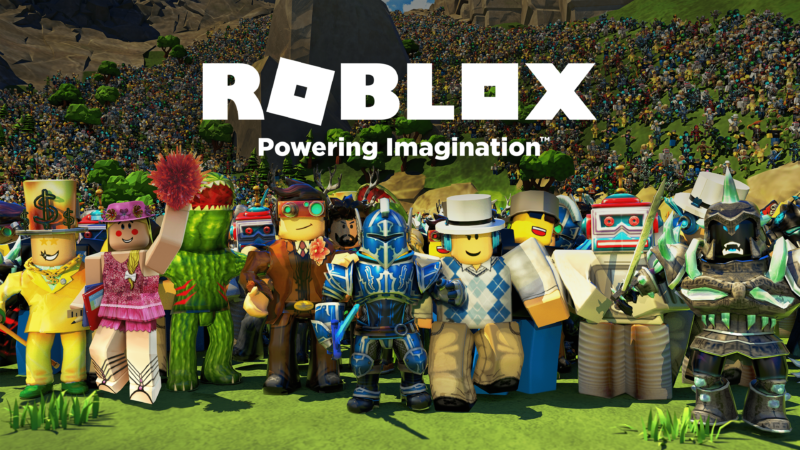Becoming a new parent is an incredible experience, but it can also be a very challenging time for both parents. It’s not uncommon for new mums to experience post natal depression, a type of depression that can occur after childbirth. As a dad, it’s important to know how to support your partner through this difficult time whilst also looking out for your own mental health.
When you have a small infant in the house, the weight of responsibility, the lack of sleep and other factors can make for a fraught environment. This can contribute to post natal depression or it could mask the symptoms of the condition. So, it is essential that you are alert to the signs and help your partner by supporting them through this tough time.
Here are some ways to support your partner.

Tips to help support partners with post natal depression
Learn more about postnatal depression
The first step in supporting your partner is to understand what postnatal depression is, what the symptoms are and how it can affect your partner’s mental health. Understanding the illness in more detail can help you be more tuned into the early signs and take action accordingly.
Take the time to do some research and learn about this condition. This will help you to better understand what your partner is going through and how you can best support her.
Symptoms vary between sufferers, but they include:
- not being able to bond with the baby or not feeling enjoyment when being with them
- low mood, sadness and feeling tearful a lot of the time
- becoming irritated by others more easily
- losing interest in the things they used to enjoy
- changes to appetite – either losing it or overeating
- a feeling of lethargy most of the time
- sleep issues
- not being able to concentrate or make decisions effectively
- thinking negative thoughts about their abilities as a parent
- feeling hopeless or guilty
- anxiety about bad things happening to the baby
Be there for your partner
When your partner is suffering from post natal depression, being there for them is one of the most helpful things you can do. However, not all dads can be on hand at all times and it is important not to feel guilty about that. If possible, arrange for friends or family members to check in on them at regular intervals just to show them that the support network exists.
Whoever is there just needs to be emotionally supportive and offer a listening ear when she needs to talk. By being present and involved, you’ll be helping to alleviate some of the stress and pressure that your partner is feeling.
This doesn’t mean that you have to find a way to ‘fix’ their problems. That is often not what the mum wants. She might just want to vent, talk, verbalise those emotions and just needs someone to listen. You have to gauge what reaction is most helpful by actively listening to what they have to say.
Encourage your partner to seek professional help
Postnatal depression is a serious condition that requires professional help. Encourage your partner to talk to her doctor or a mental health professional. Offer to go with her to appointments and be her advocate if she needs support.
The NHS has a number of resources and links to help you find the right person to talk to.

Support them to stay active and healthy
A healthy diet and regular activity can help alleviate some of the symptoms of post natal depression. However, it can be difficult to find the time and motivation to get out and about when you have a small child. And the draw of convenience foods is strong when you are exhausted.
Helping free up some time so your partner can get out for a walk, run or other exercise will really help. Research some recipes that you can batch cook too, so that all you have to do is take out a healthy meal from the freezer, defrost and heat up.
Help your partner get some rest
Sleep deprivation can make postnatal depression worse, so it’s important for your partner to get as much rest as possible. In the early days, they might not be keen to be apart from the baby whilst the child is awake, but you need to reassure her that it is important to get a nap to replenish their energy levels.
Daytime naps are important especially if your partner is feeding at night time too. If the lack of sleep is really causing issues and she is breastfeeding, you might need to talk about her expressing milk for you to feed the baby at night or moving onto formula to give her some uninterrupted sleep. If you are using formula, work out a schedule that allows for longer chunks of sleep for each partner, rather than taking it in turns and neither getting a long stretch.
You need to consider the health and wellbeing of mum, dad and baby, so whatever route allows for both parents to get a decent amount of sleep and for the baby to be fed is the one to take. This will be different for all parents.
Look after your own mental health
Supporting a partner with postnatal depression can be challenging, and it’s important to look after your own mental health too. Men can suffer from post natal depression too.
Make sure you take the time to do things that help you to relax and de-stress. This might mean taking a walk, spending time with friends, or seeking support from a mental health professional if you need it.
In conclusion, supporting a partner with postnatal depression can be challenging, but it’s also incredibly rewarding. By being there for your partner, encouraging her to seek professional help, and taking care of yourself, you’ll be helping to create a supportive and nurturing environment for your family. Remember, postnatal depression is treatable, and with the right support, your partner can recover and thrive.











